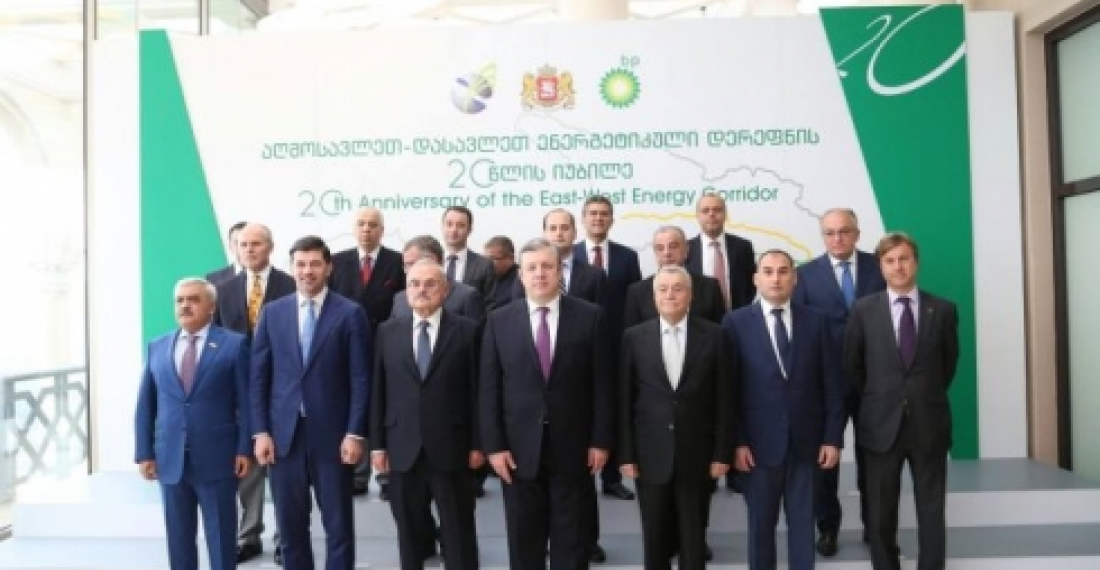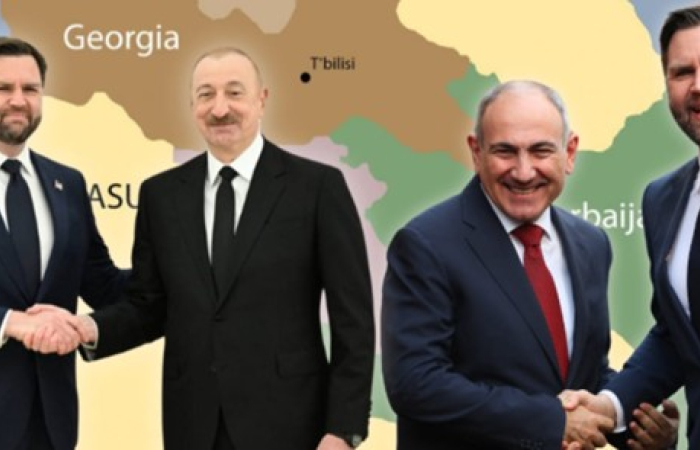The prime ministers of Georgia and Azerbaijan marked the twentieth anniversary of the ‘East-West energy corridor’ at a ceremony on Monday.
Georgi Kvirikashvili, welcoming Artur Rasizade to Tbilisi, said the initiative had been beneficial to both countries, and helped guarantee security and peace in both countries.
"Twenty years later, we witness the rational continuation of the important efforts that were aimed at launching of the Southern Energy Corridor. It all was preceded by the Baku-Supsa pipeline - the project that triggered utilization of Georgia's transit potential, entrance of the country into the international arena and formation of its image as an important and reliable transit country,” said Kvirikashvili.
Rasizade said that the Baku-Supsa pipeline, as well as the Baku-Tbilisi-Erzurum and Baku-Tbilisi-Ceyhan pipelines, which go on to Turkey after Georgia, are important for the prosperity of the Georgian and Azerbaijani people and the region as a whole.
The Baku-Supsa pipeline transports oil from the Chirag oil field under a deal signed in September 1994 between the Azerbaijani state oil cooperation and a group of foreign companies, led by BP. It is 830 km long, transports 7 million tons of oil per year, and is currently operated by British Petroleum.
The capacity of the pipeline is about 7 million tons of oil per year (140 th. barrels per day). The operator of the pipeline is BP.
“Through this project, Georgia has irrevocably returned and established itself on the world map as a significant, historical country that provides the best transit route from east to west and vice versa, Kvirikashvili said.
SOURCE: gov.ge
PHOTO: gov.ge







